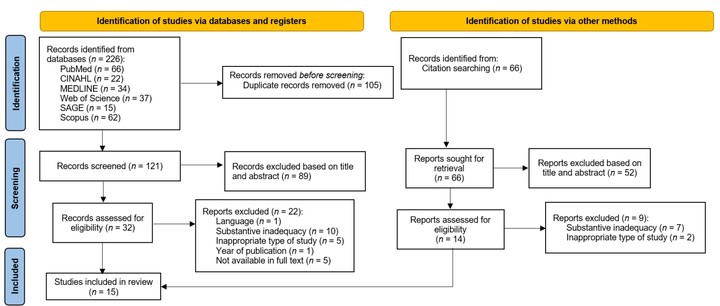Digital Tools in Behavior Change Support Education in Health and Other Students: A Systematic Review
 Image credit: mdpi
Image credit: mdpi
Abstract
Due to the increased prevalence of chronic diseases, behavior changes are integral to self-management. Healthcare and other professionals are expected to support these behavior changes, and therefore, undergraduate students should receive up-to-date and evidence-based training in this respect. Our work aims to review the outcomes of digital tools in behavior change support education. A secondary aim was to examine existing instruments to assess the effectiveness of these tools. A PIO (population/problem, intervention, outcome) research question led our literature search. The population was limited to students in nursing, sports sciences, and pharmacy; the interventions were limited to digital teaching tools; and the outcomes consisted of knowledge, motivation, and competencies. A systematic literature review was performed in the PubMed, CINAHL, MEDLINE, Web of Science, SAGE, Scopus, and Cochrane Library databases and by backward citation searching. We used PRISMA guidelines 2020 to depict the search process for relevant literature. Two authors evaluated included studies using the Mixed Methods Appraisal Tool (MMAT) independently. Using inclusion and exclusion criteria, we included 15 studies in the final analysis: six quantitative descriptive studies, two randomized studies, six mixed methods studies, and one qualitative study. According to the MMAT, all studies were suitable for further analysis in terms of quality. The studies resorted to various digital tools to improve students’ knowledge of behavior change techniques in individuals with chronic disease, leading to greater self-confidence, better cooperation, and practical experience and skills. The most common limitations that have been perceived for using these tools are time and space constraints.